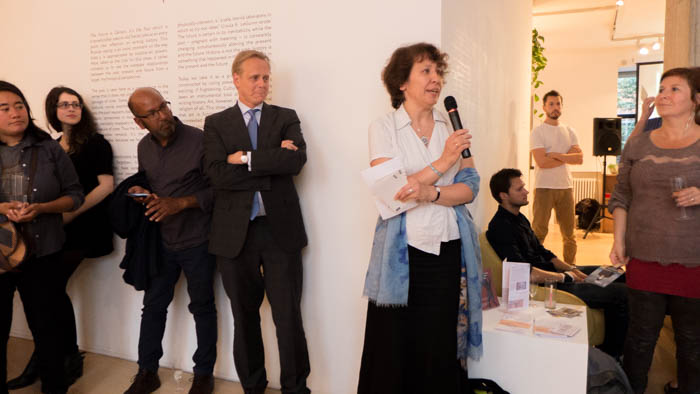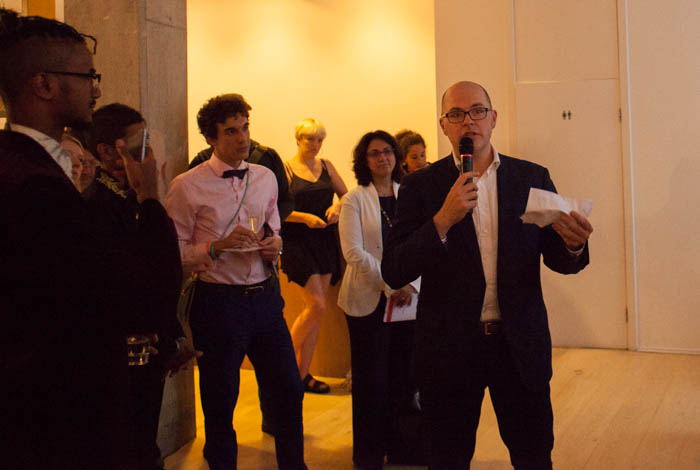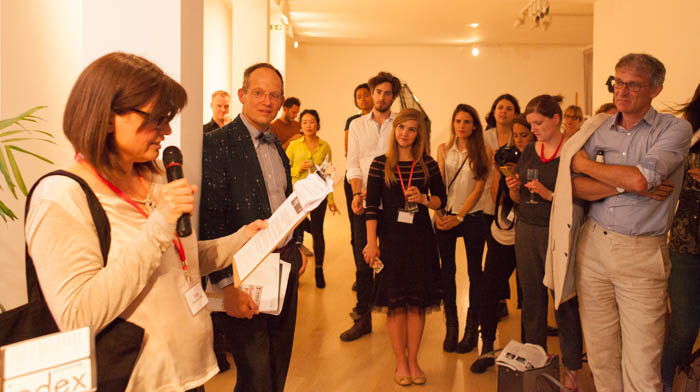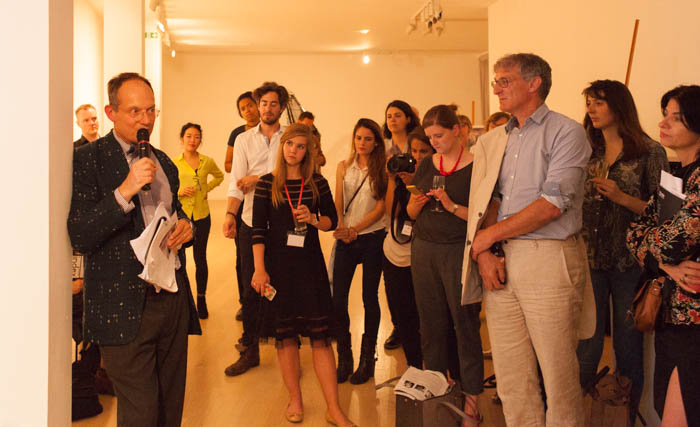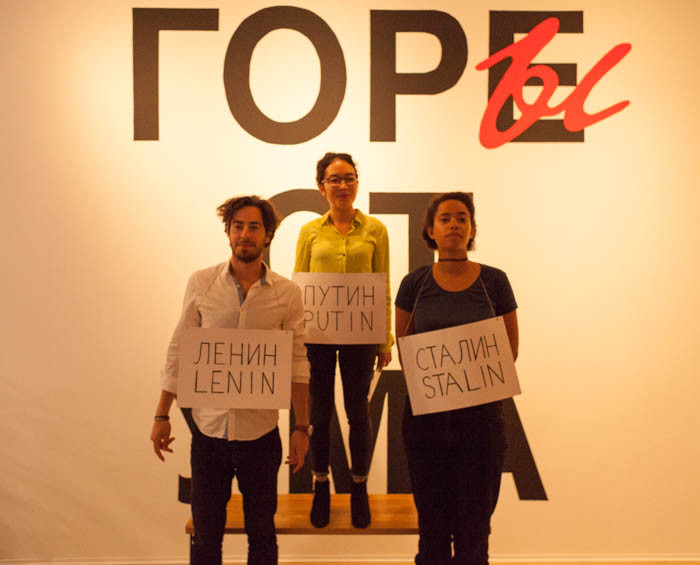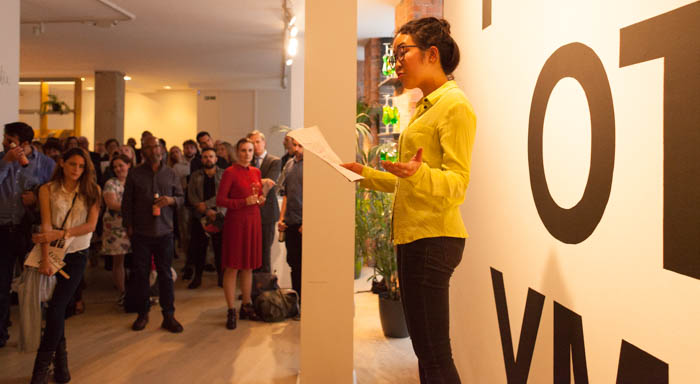Advocates from five nations demand their governments respect strong encryption
Today, 84 organisations and individuals from Australia, Canada, New Zealand, the UK and the USA sent letters to their respective governments insisting that government officials defend strong encryption. The letter comes on the heels of a meeting of the “Five Eyes” ministerial meeting in Ottawa, Canada earlier this week.
The “Five Eyes” is a surveillance partnership of intelligence agencies consisting of Australia, Canada, New Zealand, the United Kingdom, and the United States. According to a joint communique issued after the meeting encryption and access to data was discussed. The communique stated that “encryption can severely undermine public safety efforts by impeding lawful access to the content of communications during investigations into serious crimes, including terrorism.”
In the letter organised by Access Now, CIPPIC, and researchers from Citizen Lab, 83 groups and individuals from the so-called “Five Eyes” countries wrote “we call on you to respect the right to use and develop strong encryption.” Signatories also urged the members of the ministerial meeting to commit to allowing public participating in any future discussions.
Read the letter in full:
Senator the Hon. George Brandis
Attorney General of Australia
Hon. Christopher Finlayson
Attorney General of New Zealand
Hon. Ralph Goodale
Minister of Public Safety and Emergency Preparedness of Canada
Hon. John Kelly
United States Secretary of Homeland Security
Rt. Hon. Amber Rudd,
Secretary of State for the Home Department, United Kingdom
CC: Hon. Peter Dutton, Minister for Immigration and Border Protection, Australia;
Hon. Ahmed Hussen, Minister of Immigration, Refugees, and Citizenship, Canada;
Hon. Jeff Sessions, Attorney General for the United States;
Hon. Jody Wilson-Raybould, Minister of Justice and Attorney General, Canada;
Hon. Michael Woodhouse, Minister of Immigration, New Zealand
To Ministers Responsible for the Five Eyes Security Community,
In light of public reports about this week’s meeting between officials from your agencies, the undersigned individuals and organisations write to emphasise the importance of national policies that encourage and facilitate the development and use of strong encryption. We call on you to respect the right to use and develop strong encryption and commit to pursuing any additional dialogue in a transparent forum with meaningful public participation.
This week’s Five Eyes meeting (comprised of Ministers from the United States, United Kingdom, New Zealand, Canada, and Australia) discussed “plans to press technology firms to share encrypted data with security agencies” and hopes to achieve “a common position on the extent of … legally imposed obligations on … device-makers and social media companies to co-operate.” In a Joint Communiqué following the meeting, participants committed to exploring shared solutions to the perceived impediment posed by encryption to investigative objectives.
While the challenges of modern day security are real, such proposals threaten the integrity and security of general purpose communications tools relied upon by international commerce, the free press, governments, human rights advocates, and individuals around the world.
Last year, many of us joined several hundred leading civil society organisations, companies, and prominent individuals calling on world leaders to protect the development of strong cryptography. This protection demands an unequivocal rejection of laws, policies, or other mandates or practices—including secret agreements with companies—that limit access to or undermine encryption and other secure communications tools and technologies.
Today, we reiterate that call with renewed urgency. We ask you to protect the security of your citizens, your economies, and your governments by supporting the development and use of secure communications tools and technologies, by rejecting policies that would prevent or undermine the use of strong encryption, and by urging other world leaders to do the same.
Attempts to engineer “backdoors” or other deliberate weaknesses into commercially available encryption software, to require that companies preserve the ability to decrypt user data or to force service providers to design communications tools in ways that allow government interception are both shortsighted and counterproductive. The reality is that there will always be some data sets that are relatively secure from state access. On the other hand, leaders must not lose sight of the fact that even if measures to restrict access to strong encryption are adopted within Five Eyes countries, criminals, terrorists, and malicious government adversaries will simply switch to tools crafted in foreign jurisdictions or accessed through black markets. Meanwhile, innocent individuals will be exposed to needless risk. Law-abiding companies and government agencies will also suffer serious consequences. Ultimately, while legally discouraging encryption might make some useful data available in some instances, it has by no means been established that such steps are necessary or appropriate to achieve modern intelligence objectives.
Notably, government entities around the world, including Europol and representatives in the U.S. Congress, have started to recognise the benefits of encryption and the futility of mandates that would undermine it.
We urge you, as leaders in the global community, to remember that encryption is a critical tool of general use. It is neither the cause nor the enabler of crime or terrorism. As a technology, encryption does far more good than harm. We, therefore, ask you to prioritise the safety and security of individuals by working to strengthen the integrity of communications and systems. As an initial step, we ask that you continue any engagement on this topic in a multi-stakeholder forum that promotes public participation and affirms the protection of human rights.
We look forward to working together toward a more secure future.
Sincerely,
Access Now
Advocacy for Principled Action in Government
American Library Association
Amnesty International
Amnesty UK
Article 19
Australian Privacy Foundation
Big Brother Watch
Blueprint for Free Speech
British Columbia Civil Liberties Association (BCCLA)
Canadian Civil Liberties Association (CCLA)
Canadian Journalists for Free Expression (CJFE)
Center for Democracy and Techology
Centre for Free Expression, Ryerson University
Chaos Computer Club (CCC)
Constitutional Alliance
Consumer Action
CryptoAustralia
Crypto.Quebec
Defending Rights and Dissent
Demand Progress
Digital Rights Watch
Electronic Frontier Foundation
Electronic Frontiers Australia
Electronic Privacy Information Center
Engine
Equalit.ie
Freedom of the Press Foundation
Friends of Privacy USA
Future Wise
Government Accountability Project
Human Rights Watch
i2Coalition
Index on Censorship
International Civil Liberties Monitoring Group (ICLMG)
Internet NZ
Liberty
Liberty Coalition
Liberty Victoria
Library Freedom Project
My Private Network
New America’s Open Technology Institute
NZ Council for Civil Liberties
OpenMedia
Open Rights Group (ORG)
NEXTLEAP
Niskanen Center
Patient Privacy Rights
PEN International
Privacy International
Privacy Times
Private Internet Access
Restore the Fourth
Reporters Without Borders
Rights Watch (UK)
Riseup Networks
R Street Institute
Samuelson-Glushko Canadian Internet Policy & Public Interest
Clinic (CIPPIC)
Scottish PEN
Subgraph
Sunlight Foundation
TechFreedom
Tech Liberty
The Tor Project
Voices-Voix
World Privacy Forum
Brian Behlendorf, executive director, Hyperledger, at the Linux Foundation
Dr. Paul Bernal, lecturer in IT, IP and media law, UEA Law School
Owen Blacker, founder and director, Open Rights Group; founder, NO2ID
Thorsten Busch, lecturer and senior research fellow, University of St Gallen
Gabriella Coleman, Wolfe Chair in scientific and technological literacy at McGill University
Sasha Costanza-Chock, associate professor of civic media, MIT
Dave Cox, CEO, Liquid VPN
Ron Deibert, The Citizen Lab, Munk School of Global Affairs
Nathan Freitas, Guardian Project
Dan Gillmor, professor of practice, Walter Cronkite School of Journalism and Mass Communication, Arizona State University
Adam Molnar, lecturer in criminology, Deakin University
Christopher Parsons, The Citizen Lab, Munk School of Global Affairs
Jon Penney, research fellow, The Citizen lab, Munk School of Global Affairs
Chip Pitts, professorial lecturer, Oxford University
Ben Robinson, directory, Outside the Box Technology Ltd and Discovery Technology Ltd
Sarah Myers Wes, doctoral candidate at the Annenberg School for Communication and Journalism
J.M. Porup, journalist
Lokman Tsui, assistant professor at the School of Journalism and Communication, the Chinese University of Hong Kong (Faculty Associate, Berkman Klein Center)

 Guests were invited to listen to actors performing excerpts from speeches by Lenin, Stalin and Putin. Guttenplan noted the speeches reminded him of the dialogue he hears in today’s political realm. “When we were listening to Lenin’s speech, I was thinking, well that doesn’t sound that different from John McDonnell and Jeremy Corbyn,” he said.
Guests were invited to listen to actors performing excerpts from speeches by Lenin, Stalin and Putin. Guttenplan noted the speeches reminded him of the dialogue he hears in today’s political realm. “When we were listening to Lenin’s speech, I was thinking, well that doesn’t sound that different from John McDonnell and Jeremy Corbyn,” he said.